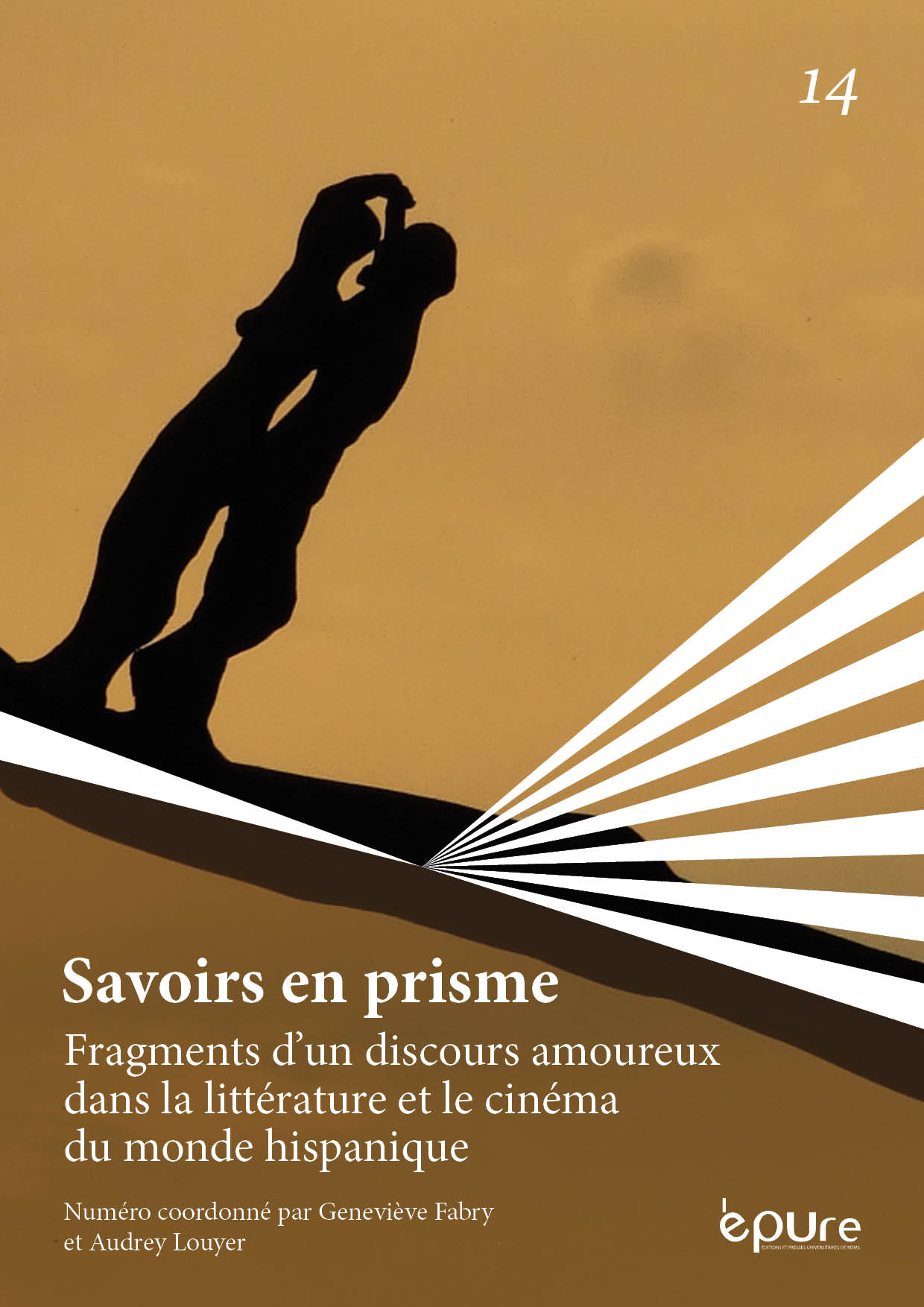Passion, patience and compassion in Alfons Cervera’s La ciudad oscura
Abstract
In his book La ciudad oscura (1987), Alfons Cervera sketches a disillusioned post-transitional Spain throughout a wide range of short stories. The Valencian author’s third fictional work is a conduit for the socio-political discontent of its time, both through the themes it addresses as a whole and thanks to the fragmentary style displayed in each tale. Using a politico-affective poetics, it draws a parallel between collective disappointment and individual dereliction: through the prism of decaying human connections – and deteriorating love relationships more particularly –, it stages a variety of characters whose existence is ruled by suffering. This suffering can be divided into three categories that structure the narratives. The first one is that of the passion that exists within couples and systematically turns into violence, thus bringing to light that love union is but an illusion facing the overwhelming alterity that undermines every relationship. Secondly, the pathos endured by the protagonists may take the shape of forced patience, insofar as if the characters do not end up tearing each other apart, in an urban context that favours communication breakdowns, they are confronted with an extreme loneliness due to their inability to find in others a satisfying company. Thirdly, the only way for them to find a wholesome relationship to alterity may be given to them outside the diegesis, namely by the readers, thanks to their empathic understanding of the characters’ situation. This empathy compensates for the characters’ painful isolation, through which the readers are reminded of their own actual disenchantment.
Copyright (c) 2021 Savoirs en prisme

This work is licensed under a Creative Commons Attribution-NonCommercial-ShareAlike 4.0 International License.


